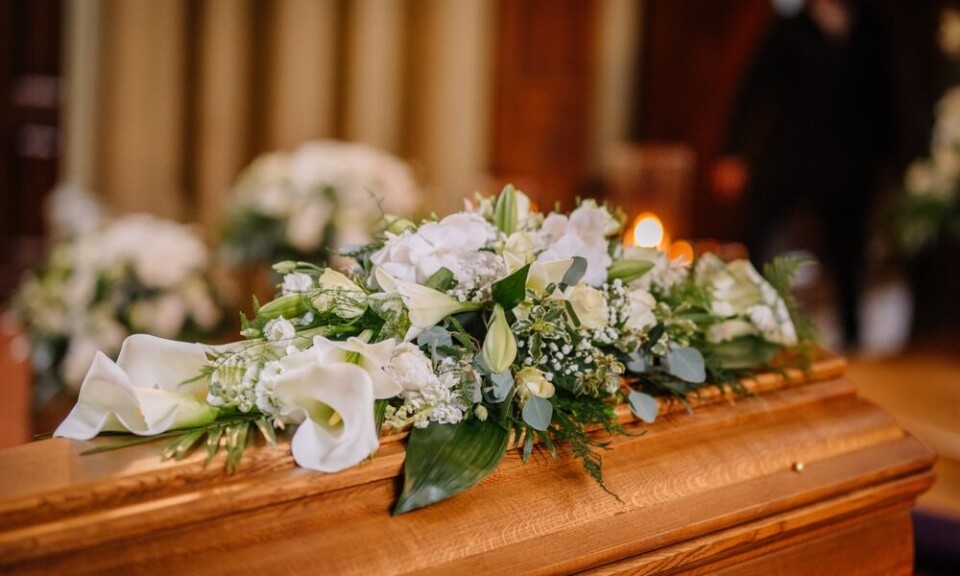-
Poor-quality fibre internet installations remain an issue in France
Stricter measures are announced to improve connection quality
-
Floor collapses in Paris building leaving 20 injured
Water leaking into the building from balcony is thought to be cause of collapse
-
French woman given one-year sentence for hiring men to evict squatter
Homeowner from south-west found guilty by Bordeaux criminal court
Should French council pay for lamp on my wall?
There are two street lights and two spotlights for the church attached to my house. Although they obviously pay for the electricity, should the commune be paying me rent? A.W.

No, unfortunately in this kind of situation there is no rent payable, said notaire François Trémosa of the Groupe Monassier in Toulouse.
Normally, however, for the lights to be fixed to the building, the mairie should have obtained a legal right called a servitude d’ancrage, Mr Trémosa said.
This should have been brought to your attention at the time of purchase and usually will be mentioned in the acte de vente.
If the mairie never obtained such a servitude, then it could nonetheless impose one if you were to express opposition.
The Code de la voirie routière includes rules on the placing of lights on private buildings that are next to the public highway.
If the owner refuses to have a light on their building, then the mairie should undertake a public inquiry and give the owner the chance to express their views.
However, it has the right to go ahead regardless and there is no legal right to compensation unless the installation or maintenance of the lights damages the property.
Note that people with public lighting attached to their home need to give a month’s notice to the mairie if they plan to extend, repair or demolish.
The lighting for the church would be considered public local council lighting in the same way as the street lighting, in view of the fact that most older churches belong to local authorities in France.
























